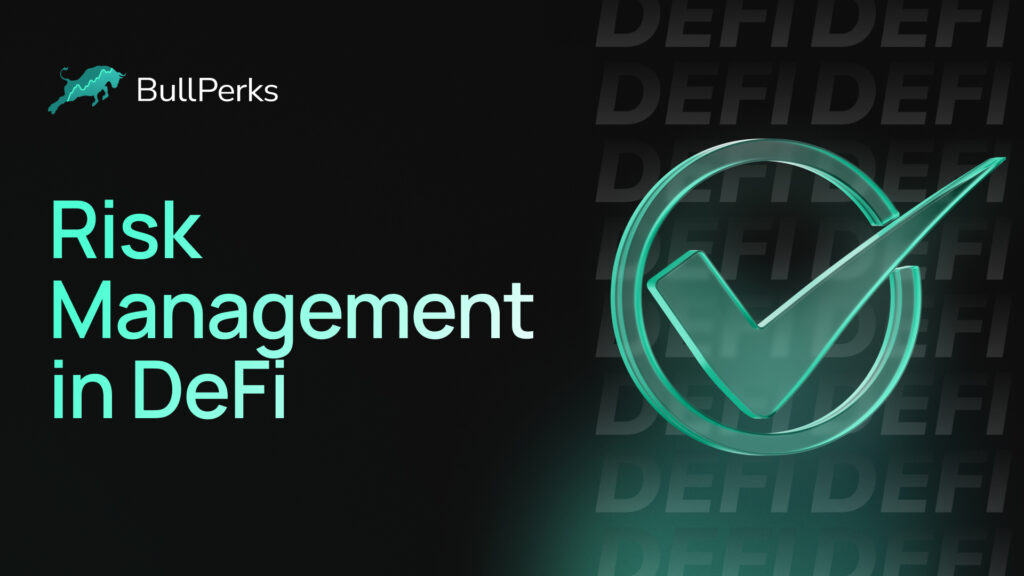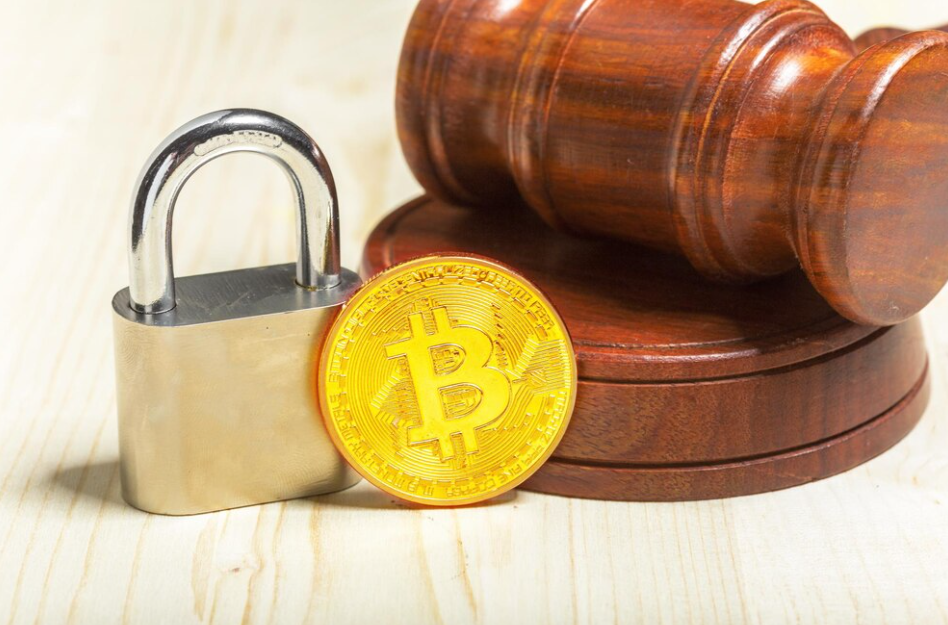
In the fast-paced and dynamic world of Decentralized Finance (DeFi), investors are drawn to the promise of high returns and financial empowerment. However, with great opportunity comes great risk, and understanding how to manage these risks is essential for safeguarding capital and optimizing investment outcomes.
In this article, we explore the key principles and strategies of risk management in DeFi protocols.
Risk Assessment

Source: Freepik
Before diving into any DeFi protocol, it's crucial to conduct a thorough risk assessment to identify and mitigate potential risks and maximize potential rewards. This process involves evaluating various risk vectors of DeFi protocols such as smart contract risk, counterparty risk, and other risks inherent to DeFi applications to gain a comprehensive understanding of a DeFi project's viability and potential pitfalls.
First and foremost, investors should examine the fundamentals of the DeFi protocol. This includes understanding its underlying technology, objectives, and market positioning.
Assessing the DeFi project's whitepaper, roadmap, and technical specifications can provide valuable insights into its potential for success. DeFi projects with clear goals, innovative solutions, and strong value propositions are more likely to withstand market volatility and regulatory challenges.
The expertise and credibility of the project's development team are also critical factors to consider. Evaluating the team's track record, experience in the blockchain industry, and technical capabilities can help assess their ability to deliver on the project's promises.
Security is paramount in the DeFi space, where smart contracts and blockchain technology are vulnerable to hacks and exploits. Reviewing independent security audit reports conducted by reputable firms can provide valuable insights into the robustness of the project's code and security measures. It can help to discover vulnerabilities in the protocol code, detect operational fragilities, and reduce risk in DeFi.
Diversification Strategies to Reduce Risk Exposure

Source: Freepik
Diversification is a fundamental principle of risk management in traditional finance, and it holds true in the realm of DeFi as well.
By spreading exposure across different projects, lending protocols, and asset classes, investors can mitigate the impact of any single project's failure on their overall portfolio. Diversification not only helps reduce the concentration risk in DeFi but also allows investors to capture opportunities across various segments of the DeFi realm.
Security Measures in DeFi Protocols

Source: Freepik
In the decentralized finance ecosystem, security is not just a priority but a fundamental necessity. The integrity of the entire system hinges on robust security measures.
To protect investors' assets from potential hacks and exploits, it's imperative to implement comprehensive security protocols. Here's an expanded look at some key security measures in DeFi protocols.
Hardware and multi-signature wallets
Hardware wallets offer an additional layer of security by storing private keys offline, making them less susceptible to hacking attempts compared to software wallets.
By storing assets in a hardware wallet, investors can safeguard their funds from online threats such as phishing attacks or malware. Furthermore, hardware wallets often come with built-in encryption and authentication features, providing added peace of mind for users concerned about the security of their assets.
Multi-signature wallets rely on multiple signatures requested from different parties to authorize a transaction, adding an extra layer of security and reducing the risk of unauthorized access or theft.
In DeFi products, multi-signature wallets are often used for governance processes, where decisions regarding protocol changes or fund management require consensus from multiple stakeholders. By distributing control over assets among multiple parties, multi-signature wallets help protect against single points of failure and reduce the risk of malicious activities at the protocol level.
Transacting on reputable platforms
Choosing reputable platforms with rigorous security protocols is essential for safeguarding assets in the DeFi ecosystem.
Platforms that prioritize security measures such as encryption, two-factor authentication, and regular security audits have fewer vulnerabilities and are less susceptible to security breaches and exploits. Investors should conduct thorough research and due diligence before transacting on any DeFi platform, ensuring that it has a proven track record of security and reliability.
Due Diligence

Source: Freepik
Conducting due diligence is essential before investing in DeFi protocols. This involves researching project whitepapers, auditing reports, community feedback, and developer activity to gain a comprehensive understanding of the project's objectives, technology such as an underlying blockchain, and potential risks.
By thoroughly vetting projects and staying informed about their progress and developments, investors can make more informed investment decisions and eliminate the risk of investing in fraudulent or poorly executed projects.
DeFi Risk Management and Mitigation Strategies

Source: Freepik
In addition to diversification and due diligence, there are several other risk management strategies that investors can employ in DeFi.
Setting stop-loss orders to limit losses, utilizing insurance protocols to protect against smart contract failures, actively participating in governance decisions to influence project direction, and staying informed about market trends and developments are all effective ways to reduce risks and enhance the outcomes of investing in lending protocols.
Regulatory Considerations

Source: Freepik
Regulatory challenges loom large in the DeFi space, with regulators worldwide grappling with how to regulate these innovative financial products and services. The mismatch in the regulation of traditional markets and DeFi products is another challenge that shall be overcome to ensure the compliance of the new sector with the current laws.
It's essential for investors to stay compliant with evolving regulations to mitigate legal risk vectors associated with DeFi investments. This includes understanding the regulatory landscape in their jurisdiction, adhering to AML and KYC requirements, and staying updated on regulatory developments that may impact their investments.
Conclusion
In conclusion, navigating the risks of DeFi requires a combination of diligence, diversification, and informed decision-making.
By conducting thorough risk assessments, diversifying their portfolios, implementing robust security measures, conducting due diligence, employing risk management strategies, staying compliant with regulations, and seeking expert insights, investors can effectively manage the risks associated with DeFi investments and position themselves for success in this exciting and rapidly evolving space.












